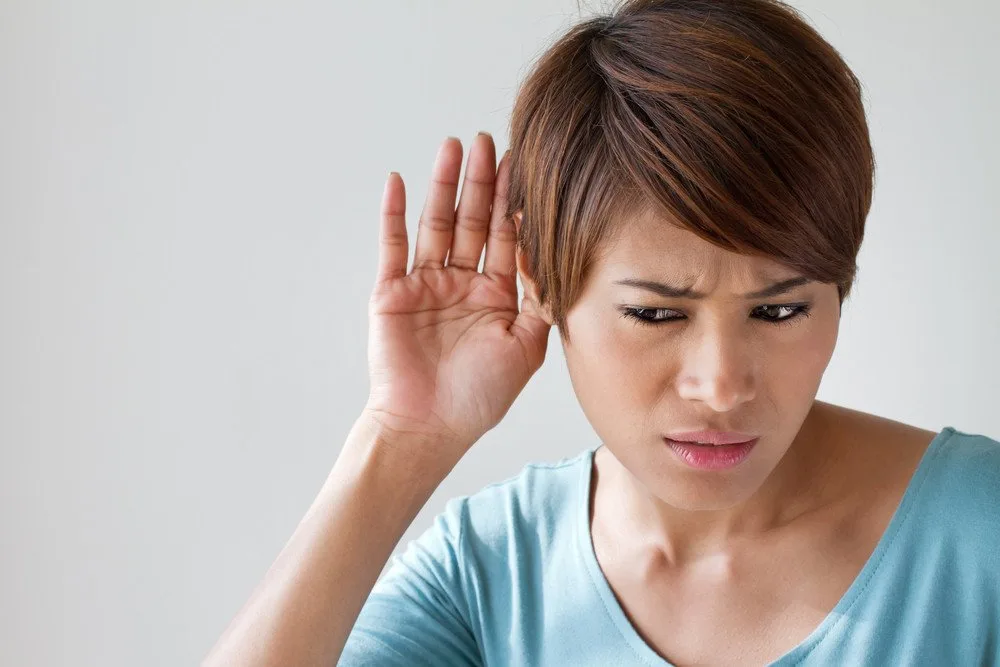Hearing loss affects at least a third of older adults, yet it is often left untreated. Whilst we may think of this as a normal part of aging, studies are showing that age-related hearing loss typically corresponds to an accelerated decline in cognitive function and a higher risk for dementia. It’s treated with hearing aids and cochlear implants, which offer some improvement. However, we still don’t understand the underlying causes of hearing loss in older adults.
Now, in an interesting study recently published in the open-access journal PLOS Biology, a team of researchers has found that age-related hearing loss may be associated with decreased cholesterol levels in the outer hair cells of the inner ear. (1)
What is age-related hearing loss?
Age-related hearing loss, also called presbycusis, is a common loss of hearing that occurs gradually in both ears. Some people may not even be aware of the change at first.
Presbycusis causes high-frequency hearing loss and may make it hard for a person to tolerate loud sounds or to understand what others are saying. It is linked to the health of the hair cells in the inner ear that send sound through the hearing nerve to the brain. Hair cells cannot regenerate or regrow, so damage to these cells is permanent.
The Link Between Cholesterol and Hearing
The brain contains approximately 20% of the body’s cholesterol. Because this waxy substance cannot cross the blood-brain barrier, the brain has to produce, maintain, and control its cholesterol level. Imbalances have been linked to cognitive decline as well as the development of neurodegenerative diseases.
The brain’s cholesterol levels decline with age. Studies with mice have shown that increased levels of an enzyme called CYP46A1 (cholesterol 24-hydroxylase) lead to decreased cholesterol levels, which results in ageing and memory impairment.
The authors of the study hypothesized that a similar process might be taking place in the outer hair cells of the inner ear, affecting hearing rather than memory. The walls of these hairs contain a protein called prestin, which is involved in changing the length of the hairs. This process is important for hearing, and prestin is sensitive to the cholesterol found in these hairs.
What did the study find?
To test their theory that these cholesterol levels could impact auditory function, researchers treated young mice with an anti-HIV drug that specifically activates CYP46A1. The quantity of CYP46A1 in the inner ear cells increased, which lowered their cholesterol levels. And sure enough, the mice experienced hearing loss!
The researchers then tried to improve auditory function using polyphenols. They hypothesized that since polyphenols have been shown to improve HDL (high density lipoprotein), they might affect the function of the inner ear cells. They were right; polyphenols increased the levels of prestin in those cells and made them more effective.
The bottom line
The researchers concluded that a reduction in cholesterol content in aged outer hair cells caused by increased activity of CYP46A1 may contribute to hearing loss in aging adults. They also indicated that polyphenol supplementation holds great promise in the prevention and treatment of age-related hearing loss.
Further studies are needed to validate this research.



![women [longevity live]](https://longevitylive.com/wp-content/uploads/2020/01/photo-of-women-walking-down-the-street-1116984-100x100.jpg)










